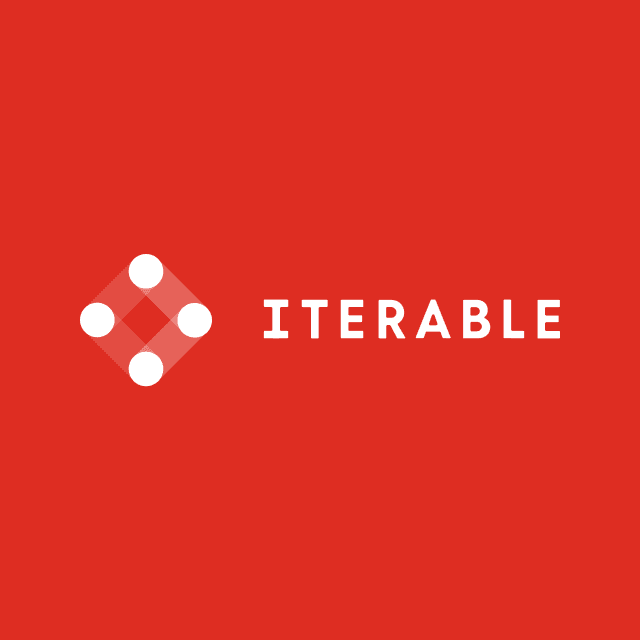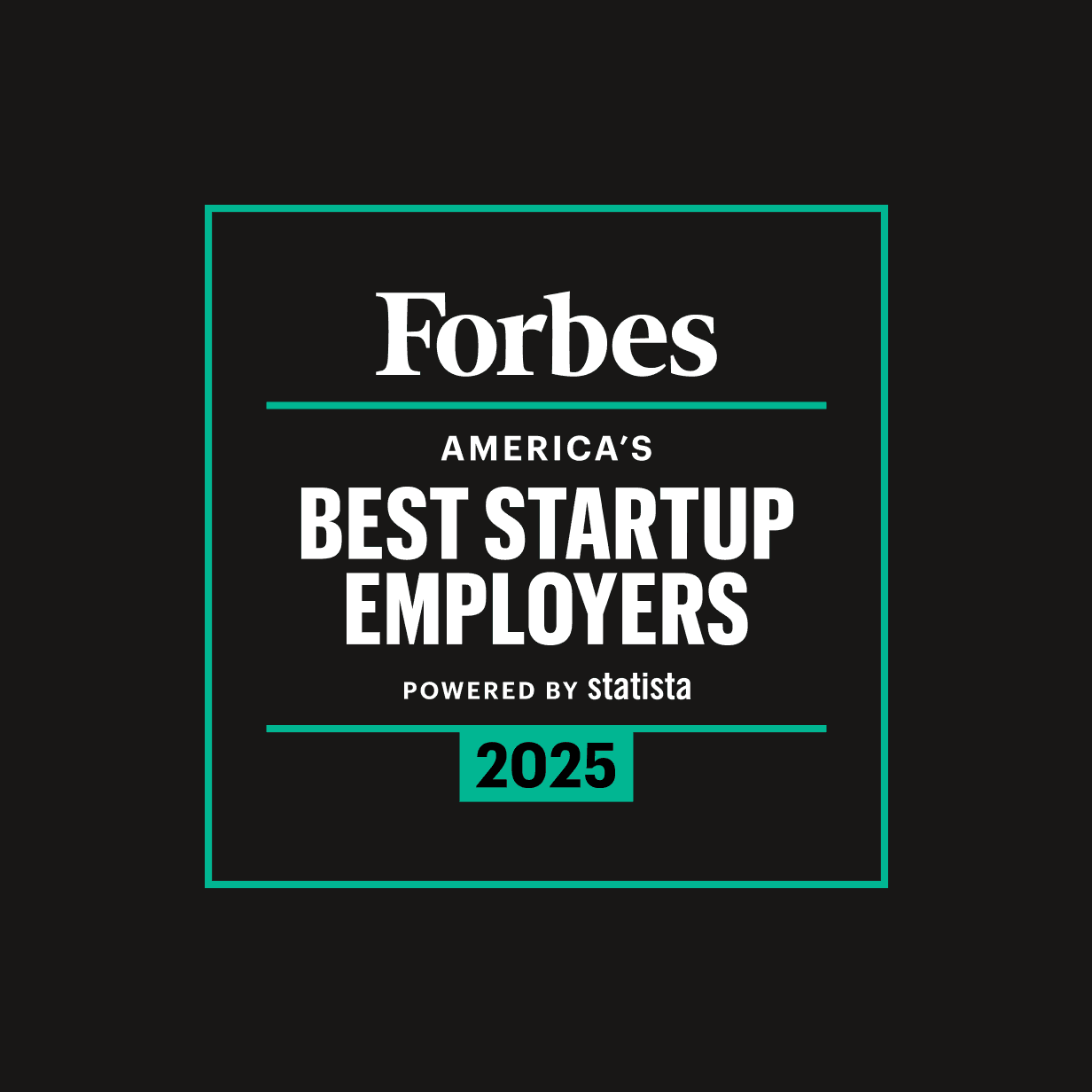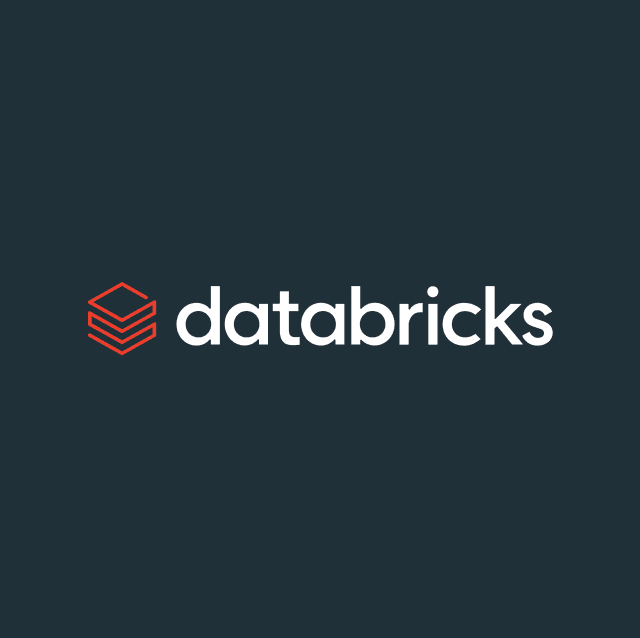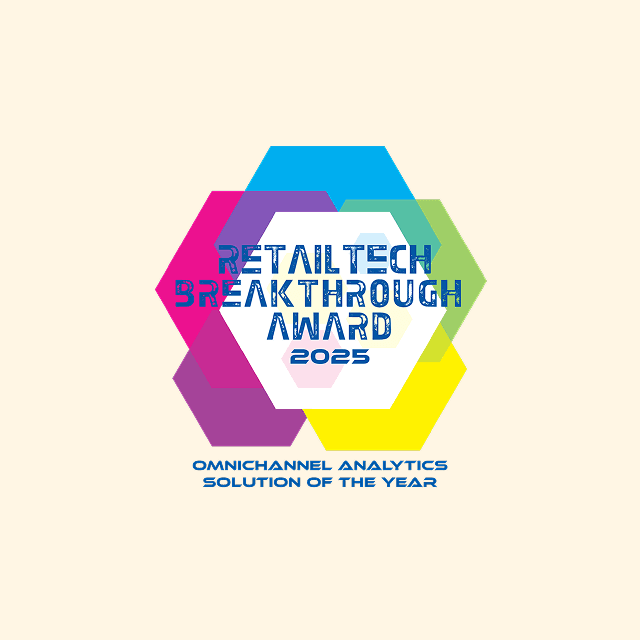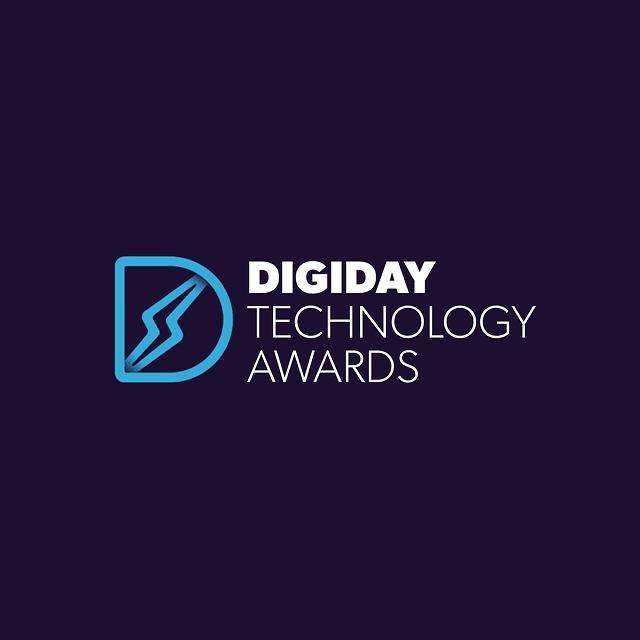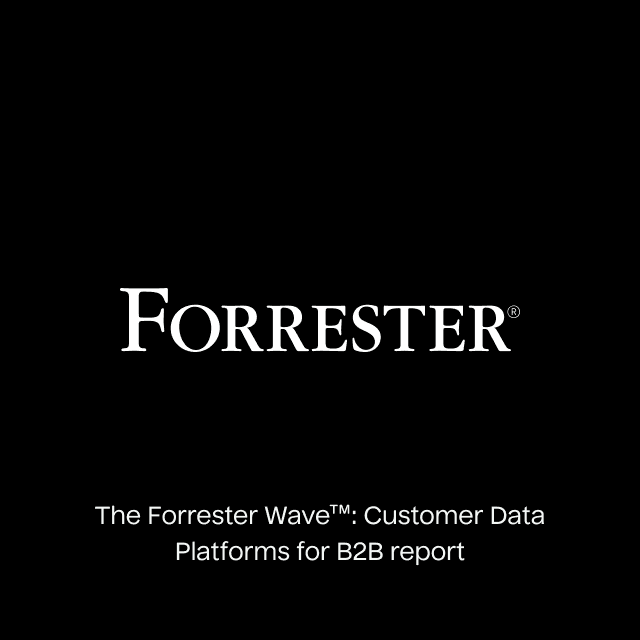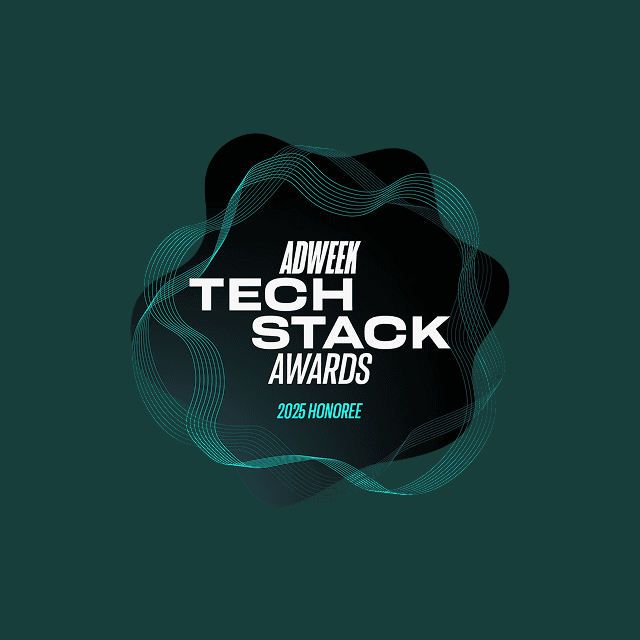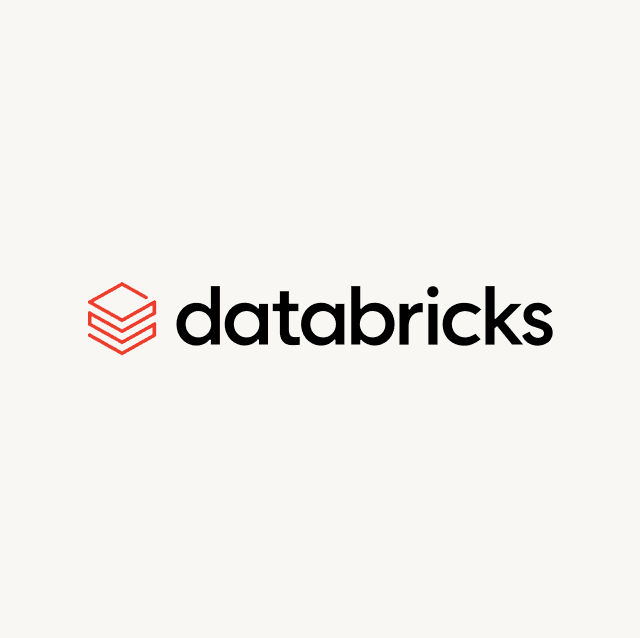Being a data engineer has become an in-demand job. This is because many companies know the benefits that data can bring to their business, such as more advanced customer insights, better personalized marketing campaigns, and data-driven decisions.
The problem with becoming a data-driven company is it can take time to implement a solution. There are many various things that a data engineer needs to know to make sure that they are fulfilling their role and engineering data into a centralized location. It could be building from scratch a unique solution or setting up and managing the various tooling you can get to help.
All of this can be time-consuming and complex, but for some businesses, it's a business essential which is why data engineers have become a growing role. A simple search on LinkedIn shows over 100,000 jobs, and the search trend of the term data engineer has rocketed up since around 2019.
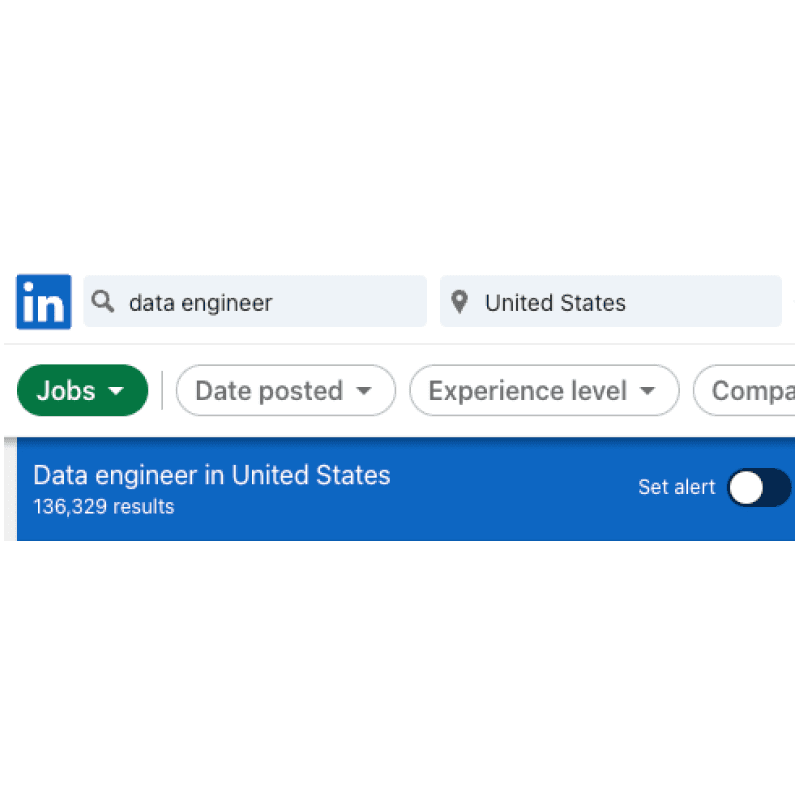
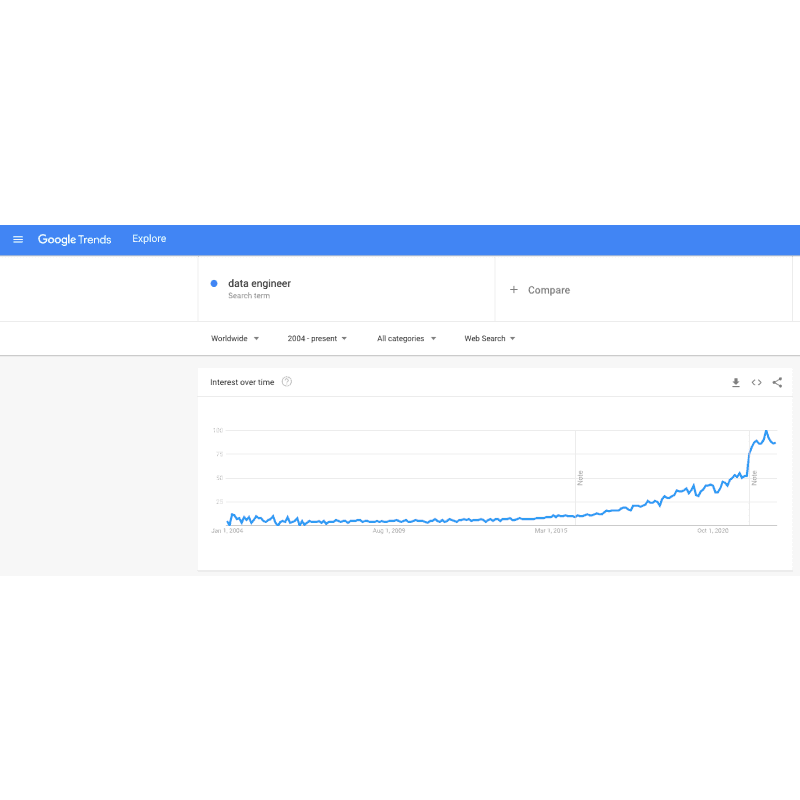
If you are interested in becoming a data engineer or are an entry-level data engineer looking to develop further, this article will go through some of the essential skills for the career path of a data engineer and others that will make you stand out.
The Five Essential Skills for Data Engineers
The main task of a data engineer is to take raw data and turn it into something that can be used within the company by people such as data scientists, data analysts, customer support, or marketers.
They achieve this through the data engineering lifecycle.
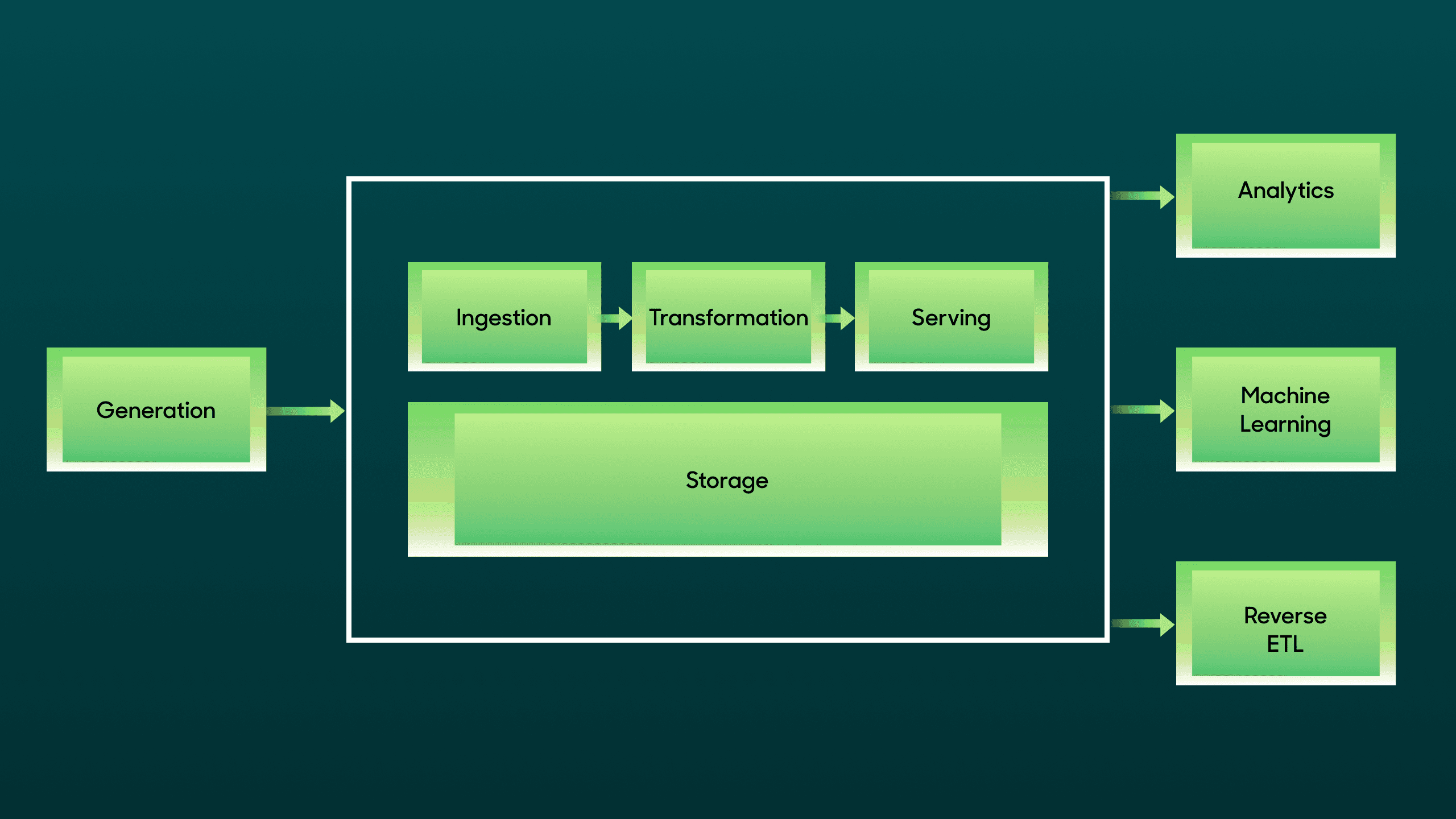
The below five skills are essential for a data engineer to perform their full role.
Strong Programming Skills and Scripting Abilities
Having a strong foundational knowledge of programming and scripting languages is essential. As a data engineer’s main goal is to move data from one place to another, they spend a lot of time in databases.
That is why a strong understanding of SQL is needed to construct a data warehouse, understand how to integrate between tools, and analyze data for business purposes.
If you are looking for a good beginner's course on learning SQL try The Complete SQL Bootcamp 2022: Go from Zero to Hero. If you want to enhance your skills further, try the advanced SQL course from CoRise.
Another key programming language that you need to know is Python. Python is a universally used programming language that can help you achieve various tasks. For a data engineer, Python can really help if needed to carry out some analysis on datasets and is the default language of Apache Airflow, which is a tool that can help with data orchestration workflows and can benefit a data engineer by adding alerts to data pipelines and perform checks to ensure data is of good quality and integrity.
You can find a beginner's course in Python, an advanced Python course, and an effective data orchestration with Airflow course, all from CoRise.
Knowledge of Data Storage and Management Systems
With the main task of moving data from one location to another, it’s important to know about data storage and management systems as a data engineer. A deep understanding of database architecture and design is required so that you can make good decisions to meet business needs.
There are a few different options for data storage, and choosing one will depend on many reasons, such as use cases of the data, data volume, frequency of ingestion, and data size. Here are some of the most popular data storage options:
Relational Database Management Systems (RDBMS)
The two types of RDBMS commonly used are SQL and No-SQL. SQL is used for storing structured data, and the most common SQL databases you’ll need to be familiar with are Oracle, MySQL, and PostgreSQL.
NoSQL is a database management system for storing large volumes of structured, semi-structured, and unstructured data. MongoDB and Cassandra are the most common NoSQL databases you'll need to be familiar with.
Codecademy has a great free course for learning SQL, and IBM has produced a great course introducing you to NoSQL databases.
Data Lake, Data Warehouse, Data Lakehouse
A data lake, data warehouse, and data lakehouse are great choices for managing large volumes of data. They all have differences depending on the business's requirements.
For example, a data lake is mainly used to manage raw data, which can be structured, semi-structured, or unstructured, and is used by data scientists because they can quickly analyze the data, and raw data makes it ideal for machine learning.
A data warehouse manages structured data that has been cleaned and transformed, making it usable for business needs and making data-driven decisions, including data activation, business intelligence, and reporting.
A data lakehouse combines a data lake and a data warehouse to manage structured, semi-structured, and unstructured data. A data lakehouse can be used for business intelligence, reports, data science, and machine learning. The data lakehouse also has a metadata and governance layer, allowing ACID-complaint transactions, time travel to old table versions, and schema enforcement and evolution.
You can learn more about Data Lakes and Data Lakehouses from Databricks and Snowflake offer a complete guide to Data Warehouses.
Familiarity with Data Analysis and Visualization Tools
Getting all your business data into one place isn’t the end of a data engineering role. Businesses will want to get value from the data. You may have the task of setting up reports or dashboards or implementing the ability to self-service analytics so people within the business can access insights themselves. Getting familiar with visualization tools such as Looker or Tableau is important.
Coursera offers some great courses on data visualization and analysis.
Experience with Cloud Computing Platforms
As mentioned above, you can manage volumes of data in many ways, but you also need somewhere to store the data. Before, knowing about on-premise solutions was a requirement, but more and more businesses have moved to a cloud solution.
As a data engineer, there are many different cloud platforms to be familiar with. You might come across some of the most common ones: Snowflake, Databricks, Google BigQuery, Microsoft Azure, and Amazon Redshift.
Each cloud platform offers great training courses you can find on their website.
Understanding of Data Security and Privacy Regulations
As a data engineer, you handle different sorts of data, some of which can contain personal information. With the growing concern and regulations companies have to abide by when handling customer data, such as GDPR and CCPA, understanding these policies ensures you are staying within these policies.
A data engineer will also have to ensure that the right roles are allocated within the company so that people are only accessing the data relevant to them.
The IT Governance offers training related to cyber security that can be of help to you.
The Five Skills That Will Make you Stand Out as a Data Engineer
The above skills are the minimum requirements for a data engineer. If you want to take your skills to the next level and stand out as a data engineer, then the following five skills are also important.
Machine Learning and Artificial Intelligence
Knowledge of machine learning is not a requirement for a data engineer but will benefit your career. The end result of a data engineer role is to produce data that can be used to drive business value.
One of the ways this can happen is through machine learning and artificial intelligence. A data engineer will work closely with data scientists to ensure they get data of good quality that can be easily discoverable. Throughout all the work a data engineer does, they should think about how their actions will drive the results the end data consumer needs.
Also, understanding machine learning models and artificial intelligence makes team collaborations and communications easier.
Google offers a crash course on Machine Learning.
Data Warehousing ETL (Extract, Transform, Load) and Reverse ETL Processes
ETL and Reverse ETL are the processes of moving data from one source, transforming it so it's in a more useful format, and storing it at an end destination.
The reasons for using ETL and Reverse ETL are different, but both are similar in the fact data is being moved from point A to point B.
As a data engineer, it might be required that you build these processes, which would require knowledge of SFTP or APIs and the ability to code the solution in a language such as Python or Scala.
Some services can help with these processes without building your own solutions. Fivetran is an ETL tool that manages data pipelines so you can connect all your data sources and pipe the data into a centralized location without creating a solution yourself. Hightouch is a Reverse ETL tool that can take data from your centralized location and sync it to company tools such as Salesforce, Iterable, and Intercom, so data is at the hands of the people.
These two tools are part of the trend of the modern data stack called the composable CDP—knowing how these work and their tools will benefit you as a data engineer.
You can learn about ETL from Datacamp and can read about Reverse ETL in this in-depth article.
Data Governance and Metadata Management
Both data governance and metadata management are important aspects for data engineers to help them with their role and ensure the data the company has is as useful as possible.
An understanding of data governance and metadata management can help with the following;
- Ensuring data is of high quality
- Helping reduce data risk
- Staying compliant with regulatory requirements
- Helping ensure that everyone in the company has access to the data they need to help them make data-driven decisions
It's useful for a data engineer to understand the creation of a unified catalog which makes understanding the company data faster and easier. Data auditing can produce alerts if something has gone wrong. And testing and data quality management that can test, monitor, and enforce the quality of data collected.
Data Governance offers training to teach you about data governance.
Project Management and Teamwork
Depending on your company, the data engineering lifecycle can have multiple parts in multiple stages. This is why a basic understanding of project management can help clarify the company's goals, what resources and timescales different parts of the project will take, and monitor progress.
Project management skills are valuable for demonstrating the value of your work to key stakeholders. This is so everyone can be clear on what you're doing and can help if you run into any blockers.
Another skill that can really elevate your role as a data engineer is your teamwork skills. A lot of your role involves interacting with other departments of a business. It could be the marketing team requesting data or making queries on certain datasets or someone within your team who needs assistance.
Teamwork is important because everyone works together to complete a common goal. Some simple things that can help improve your teamwork skills are simply to be more positive, celebrate the success of others around you, and complain less.
Here’s a great course to improve your project management skills on Udemy.
Business Acumen and Communication Skills
Another two things that can help you in your role as a data engineer stand out are business acumen and communication skills.
Business acumen is understanding more about the entire business than just the part you play. Knowing more about how the many different areas of a business are run can help you make decisions in your work.
It could be communicating over video conference, on Slack or email, or in a group. Whatever the medium, communicating your message clearly and concisely is a soft skill that will help you get your point across and let others understand your point of view.
How to Learn and Improve These Data Engineering Skills
Now you know some of the essential data engineering skills you need to know as a data engineer and some of the extra skills that will help you to stand out, make your role easier, and make working with others more troubleless, we will look at how you can learn and improve these skills.
Pursue Relevant Education and Certifications
Nowadays, there is an online course for pretty much anything. Courses can be created by an expert or a company. These are great ways to learn new skills or update existing ones. There are several different platforms where you can learn or improve new skills in data engineering, such as CoRise, Datacamp, or even Udemy.
Some toolings you use as a data engineer provide training so you can learn directly from the company's products you'll be using.
The bonus of going through courses or online training is that most offer certifications to demonstrate that you have completed and understand the training. Snowflake and Google both offer online training with certifications.
Gain Hands-on Experience Through Internships and Projects
One of the best ways to gain experience is to start working on a real project. It could be something you've created yourself, working free for another company, or doing an internship.
Like when you learn to drive, it isn't until you've passed your test that you actually learn to drive. And it's similar when becoming a data engineer, there is so much you can learn from online courses, but the real learning comes when your tackle problems on a real-life project.
Network and Learn From Experienced Data Engineers
Being surrounded by experienced data engineers will really help you speed up your learning process. It could be experienced people on your team or people you've met in communities. Being able to ask for advice when you're stuck or want to know more in-depth knowledge about a certain topic is better than trying to Google the answer.
You get the benefit of knowing they have likely encountered the problem you might be facing and solved it correctly in a real-life business problem.
Stay up-to-date with the Latest Trends and Technologies in the Field
The tech space at the moment is advancing at a rapid rate, so keeping up with the latest news and technology can only benefit you in the long run. Signing up for newsletters, joining communities, and following influencers on social media are great ways to keep on the pulse of any big breakthroughs or new ways or technology that can change how a data engineer operates.
Conclusion
If you've ever wanted to become a data engineer or improve your skills and help yourself stand out, then the above skills will certainly help you.






